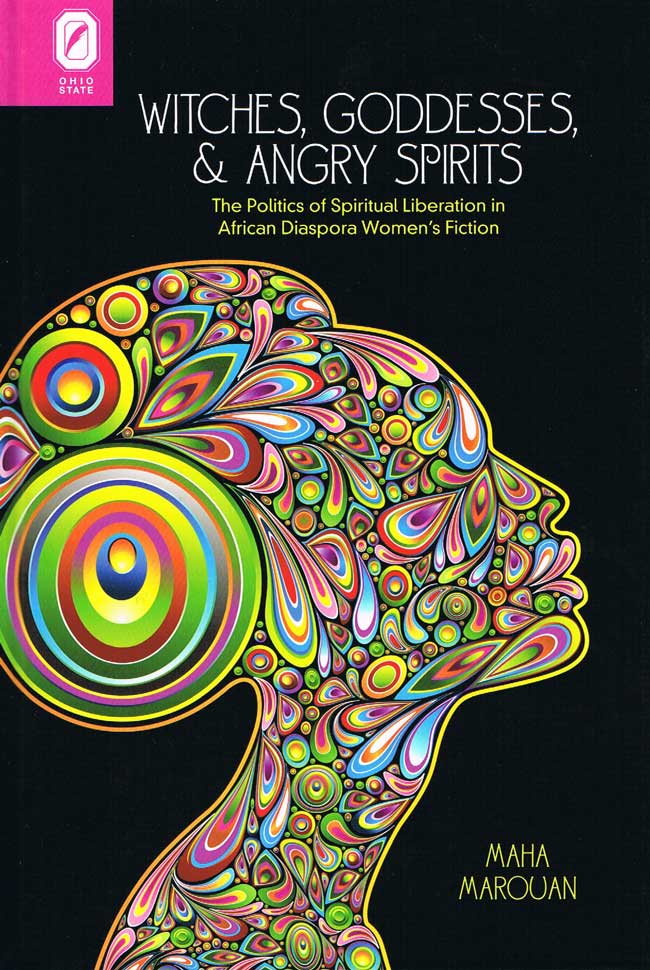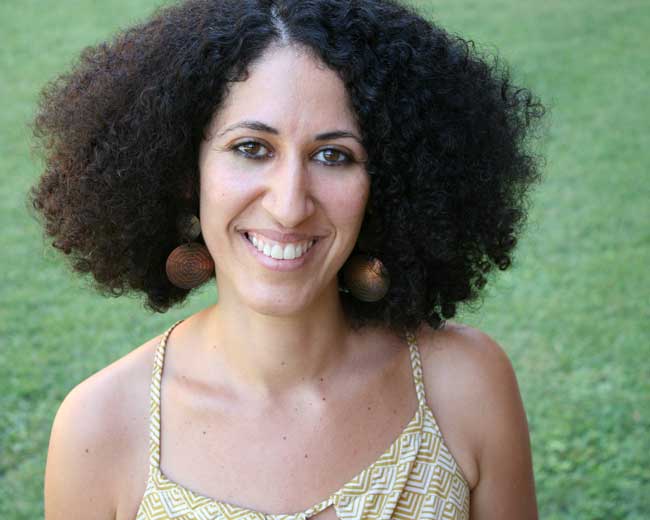Witches, Goddesses, and Angry SpiritsThe Politics of Spiritual Liberation in African Diaspora Women’s FictionMaha Marouan |
 5/14/2013 Literary criticism/ 180 pp. 6x9  $26.95 paper 978-0-8142-5663-3 Add paper to shopping cart $26.95 PDF ebook 978-0-8142-7965-6 Add PDF ebook to shopping cart | |||
|
“Maha Marouan beautifully illumines the strategies of Edwidge Danticat, Toni Morrison, and Maryse Condé in reconstructing religions of the African Diaspora as models of female liberation, inscribing black female spirituality into history and effectively addressing social injustice. She gets hold of the thrust of these three novelists and demonstrates how they compose fresh models of female spirituality, invoke groundbreaking cultural associations and forms of religious creolization, and generate new spiritual assurance for Africana women. Thus, Marouan presents us with a powerful work appealing to scholars and students in religion, cultural studies, literature, and diaspora studies.” —Jacob K. Olupona, Professor of African Religious Traditions, Harvard Divinity School Witches, Goddesses and Angry Spirits: The Politics of Spiritual Liberation in African Diaspora Women’s Fiction explores African diaspora religious practices as vehicles for Africana women’s spiritual transformation, using representative fictions by three contemporary writers of the African Americas who compose fresh models of female spirituality: Breath, Eyes, Memory (1994) by Haitian American novelist Edwidge Danticat; Paradise (1998) by African American Nobel laureate Toni Morrison; and I, Tituba, Black Witch of Salem (1992) by Guadeloupean author Maryse Condé. Author Maha Marouan argues that while these authors’ works articulate Africana women’s experiences with displacement and fragmentation at the heart of diaspora, the liberating potential of their creolized practices clearly communicates their quest for wholeness. To make sense of Africana women’s experiences of the diaspora, this book operates from a transnational perspective that moves across national and linguistic boundaries as it connects the Anglophone, the Francophone, and the Creole worlds of the African Americas. In doing so, Marouan identifies crucial shared thematic concerns regarding the authors’ engagement with creolized religious frameworks heretofore unexamined in such a careful, comparative fashion.
| ||||


